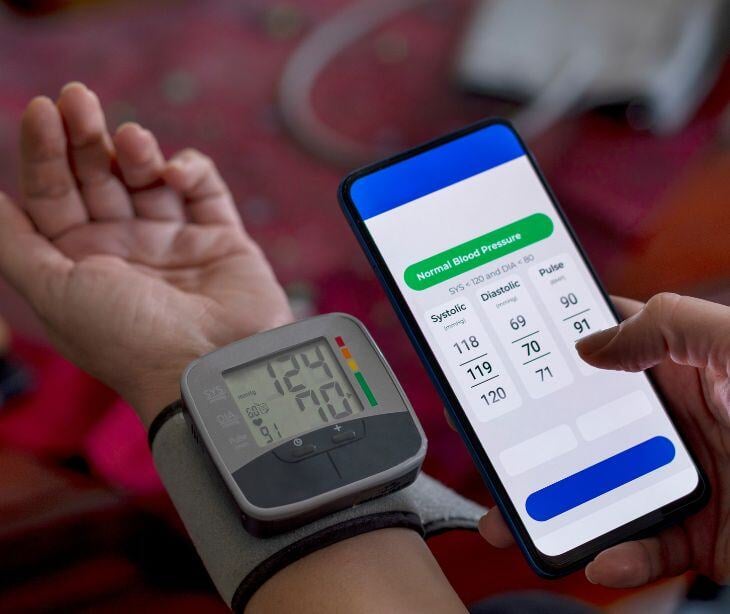1 min read
FDA recommendations pave the way for safer AI-driven medical devices
Kirsten Peremore
Dec 9, 2024 6:12:45 PM

The FDA has introduced recommendations for managing the continuous updates of AI-enabled medical devices. The approach includes a plan outlining how modifications will be made and evaluated, helping healthcare organizations implement technologies more efficiently.
What happened
In December 2024, the Food and Drug Administration (FDA) finalized a new recommendation aimed at simplifying the approval process for medical devices that incorporate artificial intelligence (AI). These guidelines propose a streamlined approach for manufacturers submitting marketing applications for AI-powered devices. It requires a change control plan (PCCP) which should detail the device's planned modifications, and methods for developing, validating, and implementing these changes.
The FDA will review the PCCP within the original submission, which eliminates the need for additional marketing submissions each time a modification is made. The move is part of broader efforts by the FDA to make the approval process efficient while maintaining safety and effectiveness standards.
What was said
According to the recommendation document, “AI is a machine-based system that can, for a given set of human-defined objectives, make predictions, recommendations, or decisions influencing real or virtual environments. ML, a subset of AI, is a set of techniques that can be used to train AI algorithms to improve performance at a task based on data… In this guidance, we provide recommendations on the marketing submission content for a PCCP for an AI-DSF…”
Why it matters
The guidance is a step toward ensuring AI-based medical devices can evolve without requiring constant reapproval for every minor modification which could delay innovation and prevent timely updates that could improve patient care.
It also means healthcare organizations will need to stay engaged with these evolving regulatory processes and ensure their processes align with the FDA’s ongoing safety requirements. This assists healthcare organizations by ensuring AI in medical devices remains regulated but cutting edge in a way that provides the tools necessary for the provision of the best possible care.
Related: HIPAA Compliant Email: The Definitive Guide
FAQs
What is ML?
Machine learning is a type of AI that allows computers to learn and improve from experience without continuous manual programming.
How do recommendations from regulatory bodies transfer into legislation?
Recommendations from regulatory bodies like the FDA are not immediately law but guide the way legislation may evolve. They influence the decisions of lawmakers and bring to light situations that the public might not be aware of which contributes to the formal law-making process.
What is the Blueprint for an AI Bill of Rights?
The Blueprint for an AI Bill of Rights is a set of guidelines aimed at ensuring the use of AI systems remains fair, transparent, and responsible.




